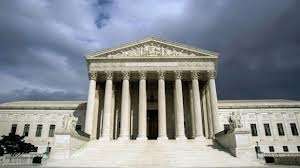The Volokh Conspiracy
Mostly law professors | Sometimes contrarian | Often libertarian | Always independent
What role does tradition play in American law?

That's the theme of a mini-symposium over at the Library of Law and Liberty site. Mark DeGirolami wrote the lead essay. My response is here. Here's a teaser:
Early 20th century Progressives were generally indifferent, at best, to minority rights, but once modern liberals became enamored of them, it served to undermine any lingering fealty to tradition. After all, what was more traditional in American society, especially in the South, than discrimination against African Americans? And indeed, many apologists for Jim Crow pointed to Southern tradition, and to decades-old judicial precedents such as Plessy v. Ferguson (1896), to defend state-imposed segregation. If ever a case was destined to undermine the power of tradition in American constitutional law, Brown v. Board of Education (1954) was it.
A decade after Brown, the Supreme Court invalidated all 50 states' systems for allocating districts in their legislative chambers in favor of requiring equal population districts under the banner of "one person, one vote." Some states argued, to no avail, that their systems could not be unconstitutional because they mimicked the way the Constitution sets up the federal House and Senate, with the former based on population, and the latter based on geography. In other words, these states had about as strong an argument from constitutional tradition as one could imagine, but that failed to impress the majority. The Court was more concerned about a combination of "one person one vote" egalitarianism and a felt need to reduce the power of conservative rural forces in the states to stand in the way of the national Progressive agenda.



Show Comments (0)